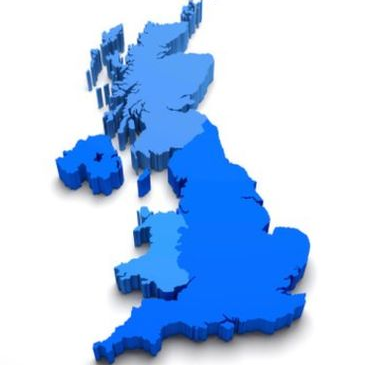The current system of regulating goods vehicle operations throughout Northern Ireland came into effect in 2012. The system for licensing goods vehicles and taking disciplinary action against licence holders is now largely in line with the system for the rest of the United Kingdom, though with some differences. There are about 5,980 goods vehicle operator licences issued in Northern Ireland.
The legislation is the same and the appeal process against decisions made at public inquiries is now one system covering the whole of the UK.
One key difference is that in Northern Ireland there are no Traffic Commissioners. The person in Northern Ireland who discharges similar functions to the Traffic Commissioners in Great Britain is the head of the Transport Regulation Unit (TRU), part of the Northern Ireland Department of the Environment. The current head of the TRU is Donna Knowles who has been in this position since 2014.
It is the Head of the TRU who ultimately decides who is fit to hold a goods vehicle operators licence in Northern Ireland. The Head of the TRU holds public inquiries to determine whether an operators licence should be granted and also to decide whether disciplinary action is needed against operator licence holders whose fitness has been brought into question.
There are roughly about 50 goods vehicle public inquiries in Northern Ireland each year. The public inquiry hearings are usually held at Causeway Exchange, 1-7 Bedford Street in Belfast.
The public inquiry hearing itself is a formal legal hearing. It looks and feels a little like a court hearing but the rules of procedure are less rigid and formal. The public inquiry hearing will involve oral and documentary evidence and at the end of the process the Head of the TRU will make a decision.
Currently, the public inquiry process in Northern Ireland relates only to goods vehicle licence holders, it does not involve passenger vehicle licences.
Outcomes of Goods Vehicle Public Inquiries in Belfast
The Heard of the TRU has wide ranging powers over operator licence holders. Where a public inquiry is convened to decide whether or not to grant a new licence, the licence could be granted or refused.
Where the public inquiry is to consider disciplinary action against an operator licence holder, the Head of the TRU has the power to revoke (ie terminate) an operators licence; to suspend it or reduce the number of vehicle operated under the licence. They have the power to add conditions to an operators licence and to disqualify people from being involved in holding an operators licence in future.
What to do if you've been called to a public inquiry in Eastbourne, London or the South East
First of all, recognise that any public inquiry called for any reason is a very serious thing. Secondly recognise that getting legal advice and having an experienced transport law solicitor on your side is at least half of the problem sorted.
A good transport law specialist solicitor will be able to get stuck into your case and do all sorts of important things to get you ready to face the public inquiry and come away with a good outcome.
We strongly recommend that you speak to us urgently if you've had a call to public inquiry. Nearly all of our clients (well over 90%) have a successful outcome at their public inquiries.
We handle public inquiries in Belfast as well all over the UK. We know how to prepare and present a successful case. We've been doing it for years and have helped hundreds of operators through what is always a very difficult and uncertain time.
Your chance of a successful outcome at your public inquiry increases dramatically if you have experienced and skilled legal representation. So choosing a good transport solicitor is of vital importance.
Contact Us About Your Public Inquiry
Please get in touch with us without charge or obligation. Ask to speak to Simon Newman about your public inquiry.
Simon will then give you an idea about how we can help you. He will be very glad to talk through your situation and review your papers free of charge to help you to make an informed decision about what to do.
You can call us any time on 0800 1777 522 or alternatively you can email on This email address is being protected from spambots. You need JavaScript enabled to view it.


